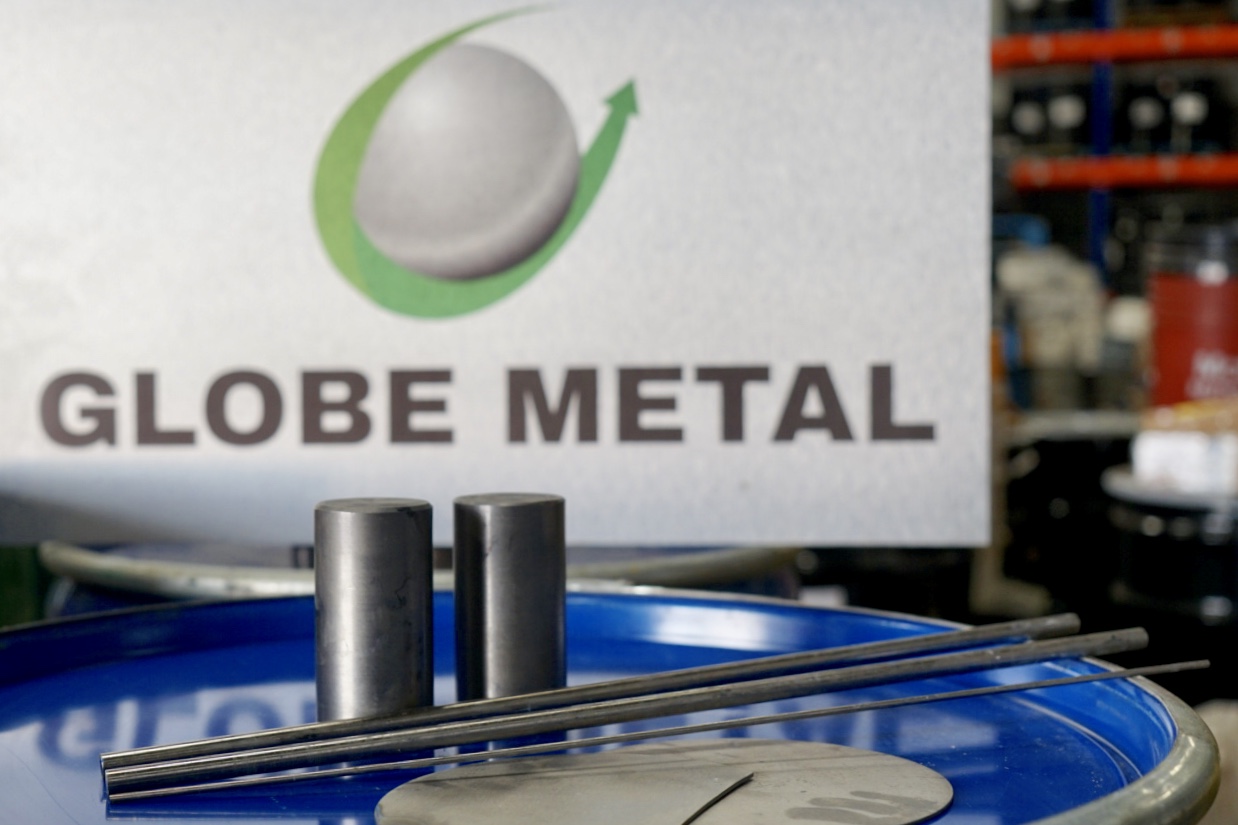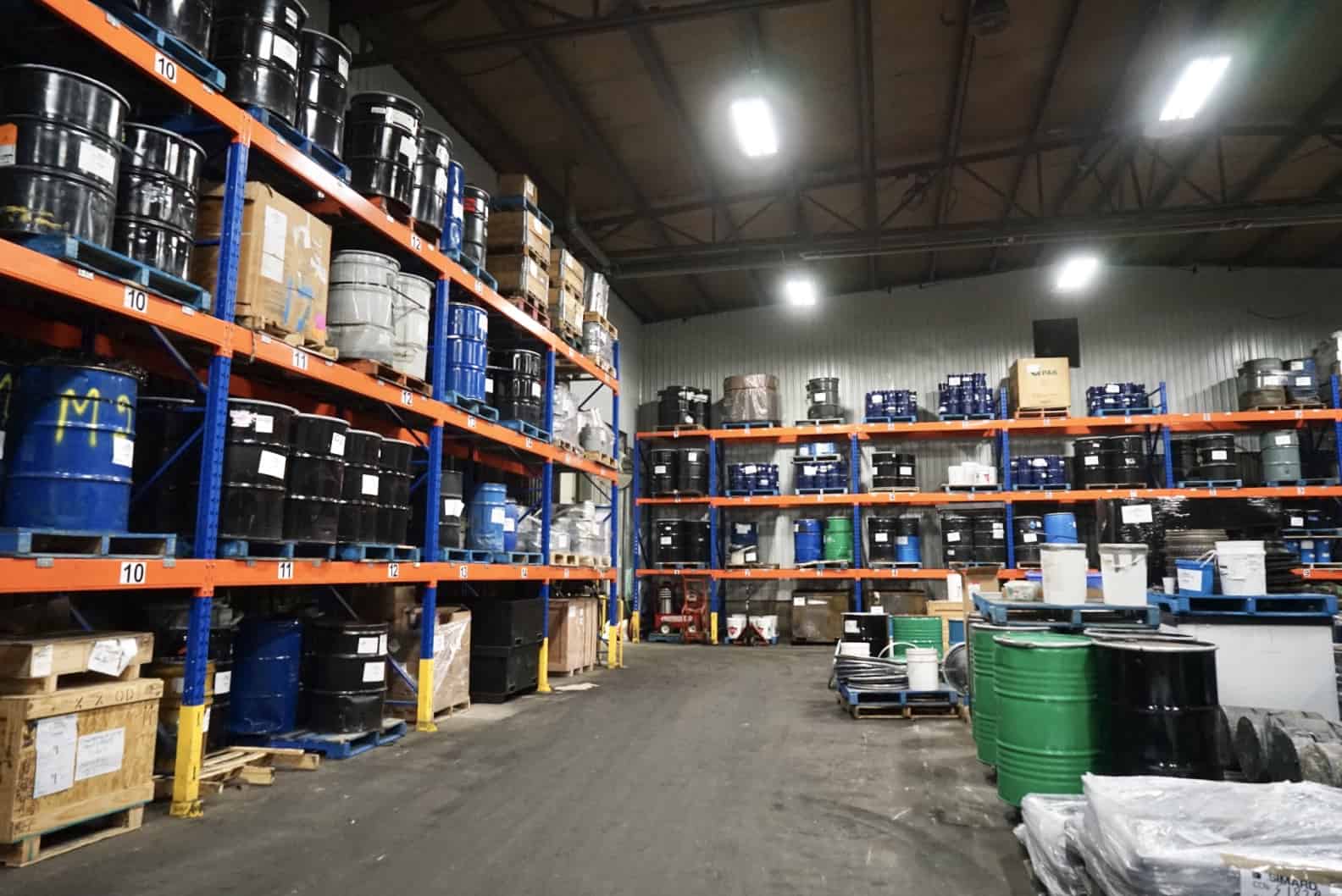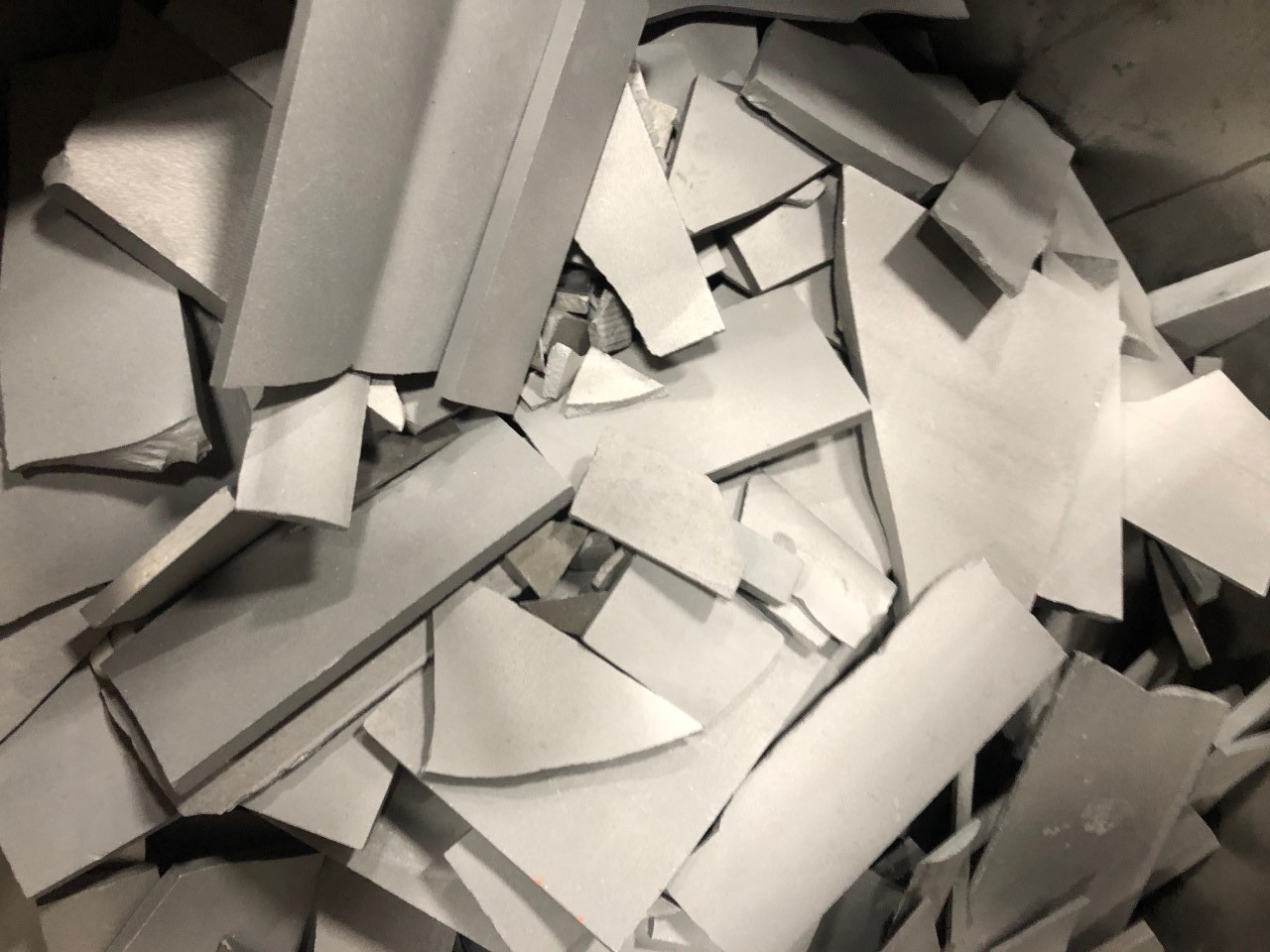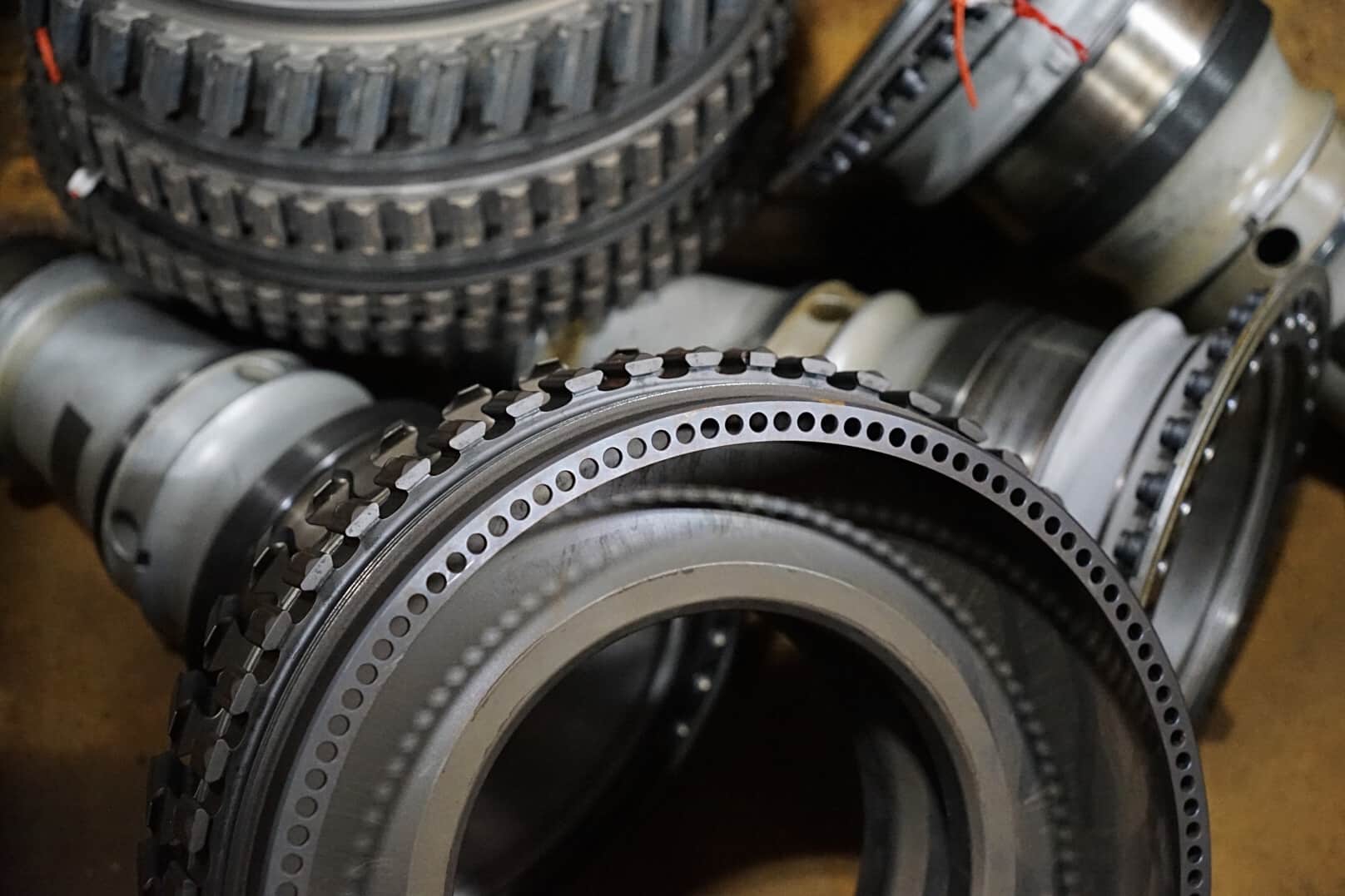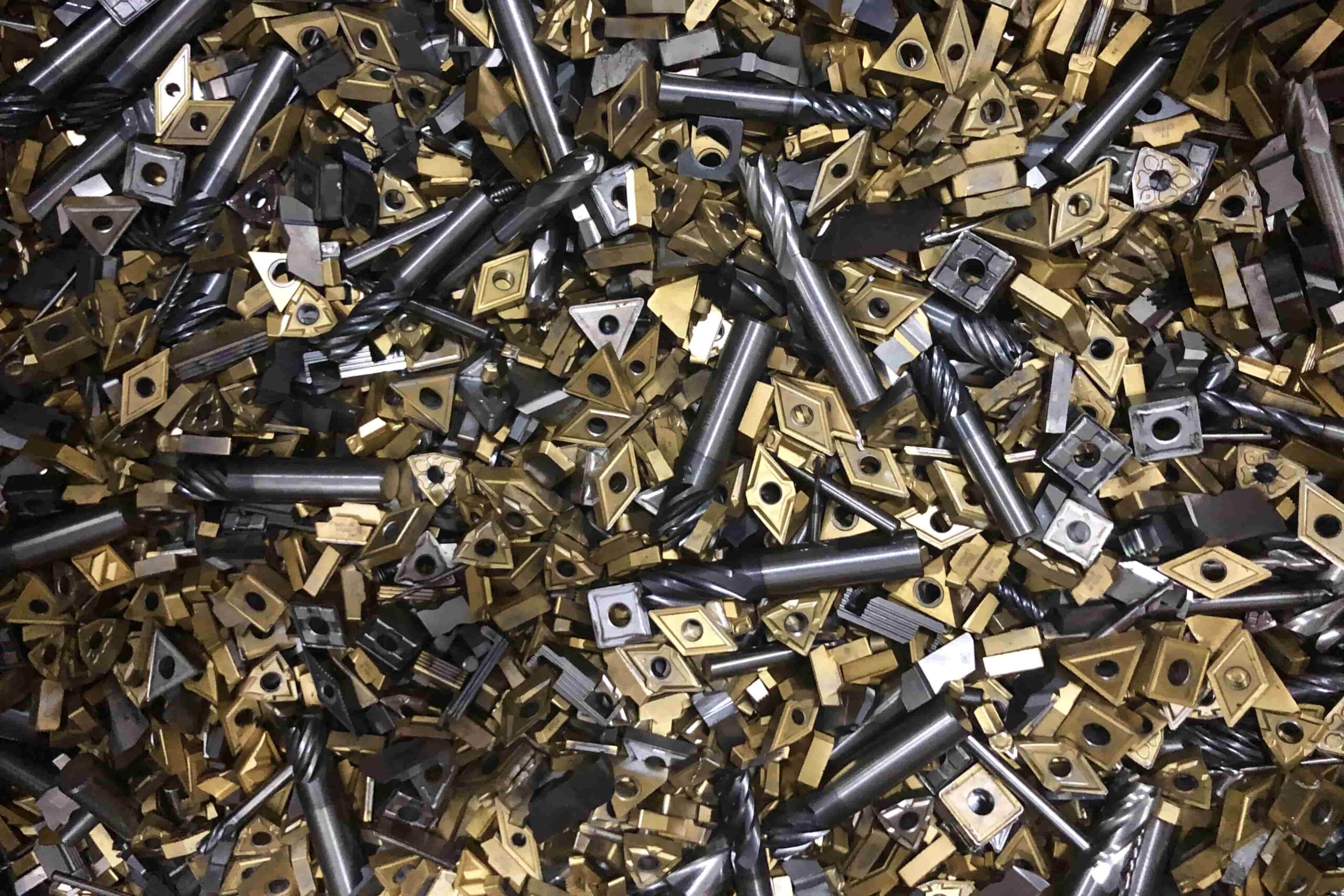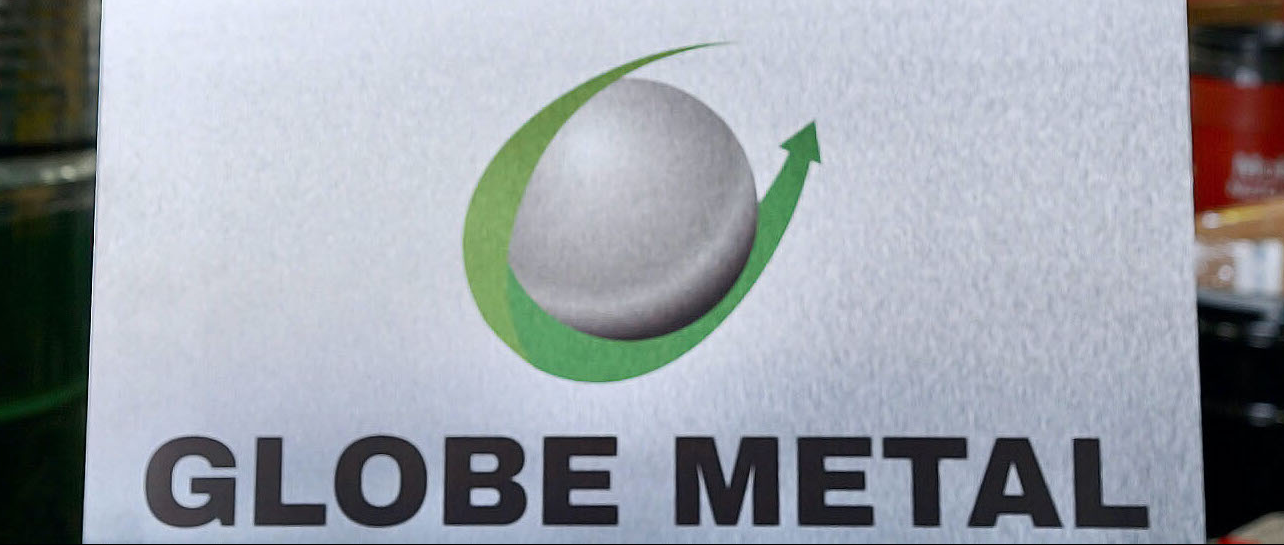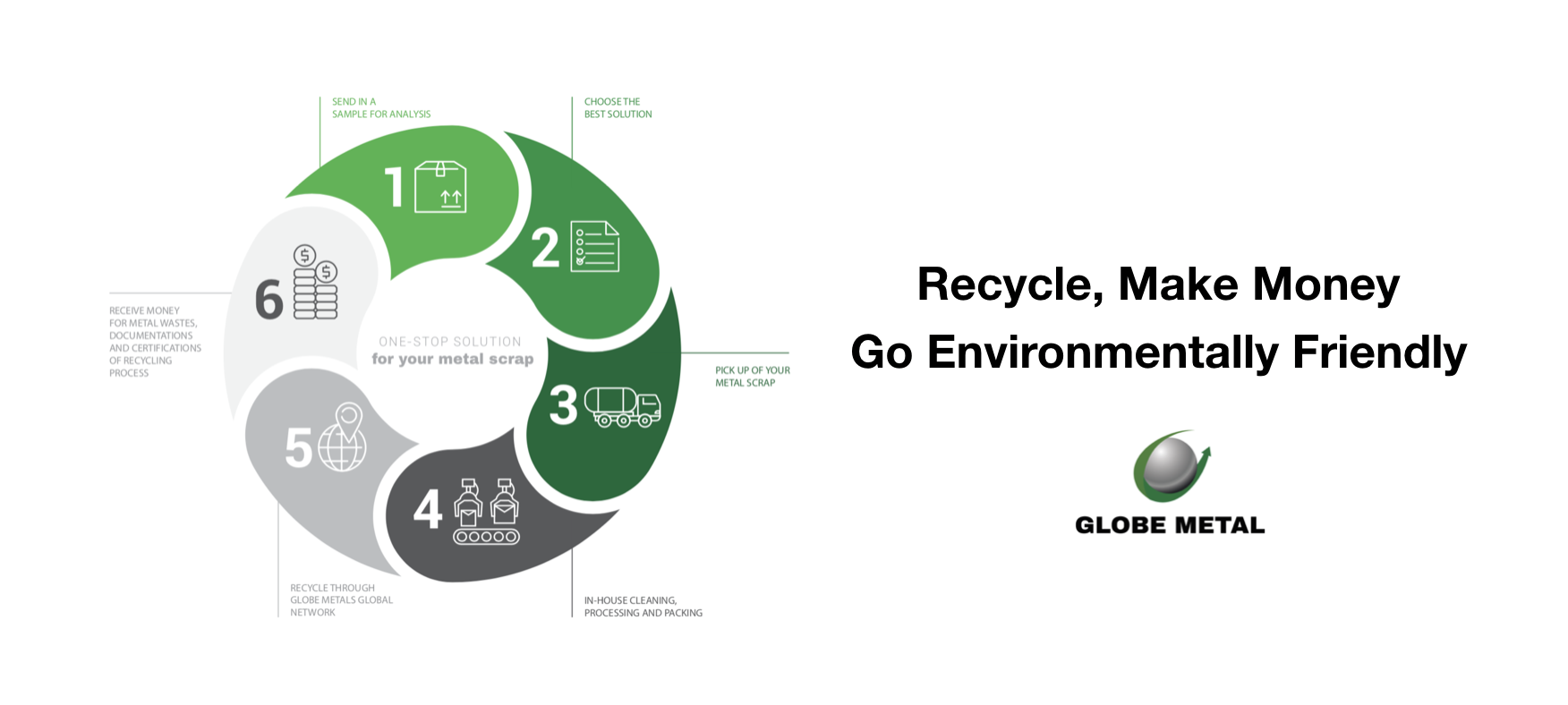Tantalum is an important metal worth recycling for its unique properties. It possesses high melting points (3017 Celsius); it is highly corrosion-resistant and has high conductivities of electricity and heat. These distinctive features have made tantalum an indispensable metal in several industries. Tantalum is a principal metal widely used in the production of electronics with over half of the world production being used in this industry. It is also used in the production of capacitors, sputtering targets, superalloys, high-entropy alloys (HEAs), mill products, carbide products such as cutting tools, and speciality chemicals. According to the Tantalum-Niobium International Study Centre, the global production of tantalum in 2014 was 2800 tons. At that time, just over 35% of the world production was recycled from secondary sources. Tantalum is considered a critical mineral in terms of security of supply and economic importance. Increased consumer demand for these materials used in cell phones and computers, for example, will continue to lead for higher needs of tantalum.
Globe Metal plays an integral role in the Circular Economy
At Globe Metal, we play an integral part in establishing a circular economy when it comes to recycling tantalum, pure metal and alloys. World recycling rates for tantalum are meager, but at Globe Metal we want to change all of that. In this blog, we are here to provide you with the essential guidelines you will need to make sure you can recycle your tantalum efficiently, effectively, and profitably.
Guidelines in recycling your tantalum and tantalum alloys
- It’s important to identify precisely your waste materials and their levels of purity. Your regular local scrap dealer does not have the processes in place to recycle industrial sludges, powders or residues, for example. To determine the types of these kinds materials you have, the best thing to do is run an ICP analysis to identify your primary elements.
- You need to recognize that your local scrap dealer will not be able to give you the best price for your tantalum metal scrap. The reason being is that you need to choose a scrap metal recycling facility that is a niche in these kinds of metals. Working with a trusted leader in the industry, will have the knowledge and experience to provide you with all the expert information you need, along with getting the best price of your metals at fair market value.
- Know the value of your metals. It’s easy to stay up-to-date with the current market prices. Prices are dependant on local demands and quantities. You can be sure at the end of the day that all metals are recycled, and you will be paid for all the metals you bring.
- Get the best value for the recycling of your tantalum represents a process chain that can involve several processes such as liberation, separation, or mechanical. At Globe Metal, we have experts in metal chemistry and metallurgy. We can provide the input for our clients’ needs for cost-efficient approaches to recycle their tantalum and get the best market value for them.
By following these simple strategies, you can be guaranteed you’re on the fast track to properly recycling your tantalum scrap metals.
Ready to recycle your tantalum scrap metal? One of our sales staff will answer any questions you may have. You can reach out to us at 1-800-700-6382 or send an email to sales@globemetal.com.
Globe Metal is ISO certified and a proud member of Minor Metals Trade Association.


